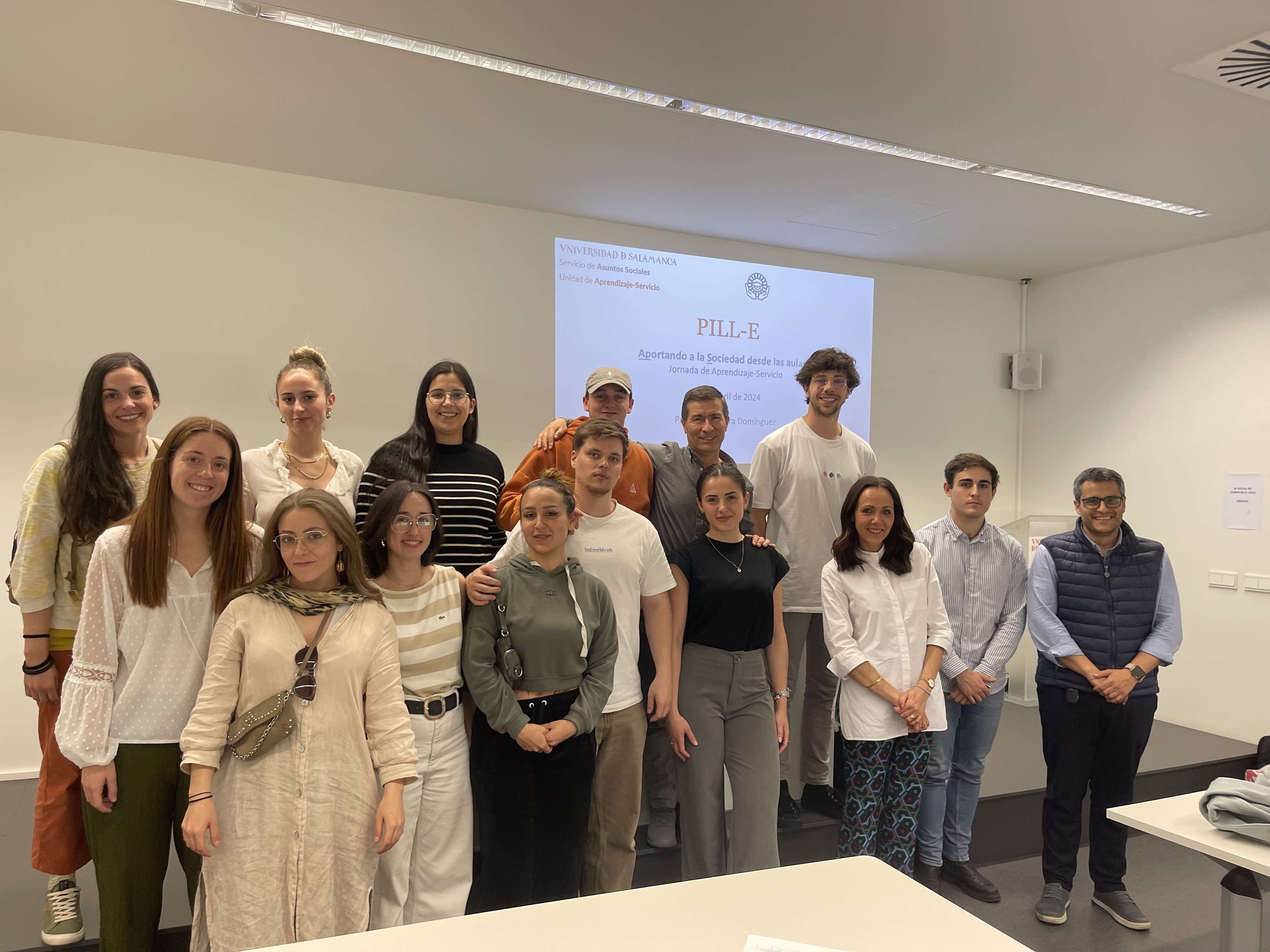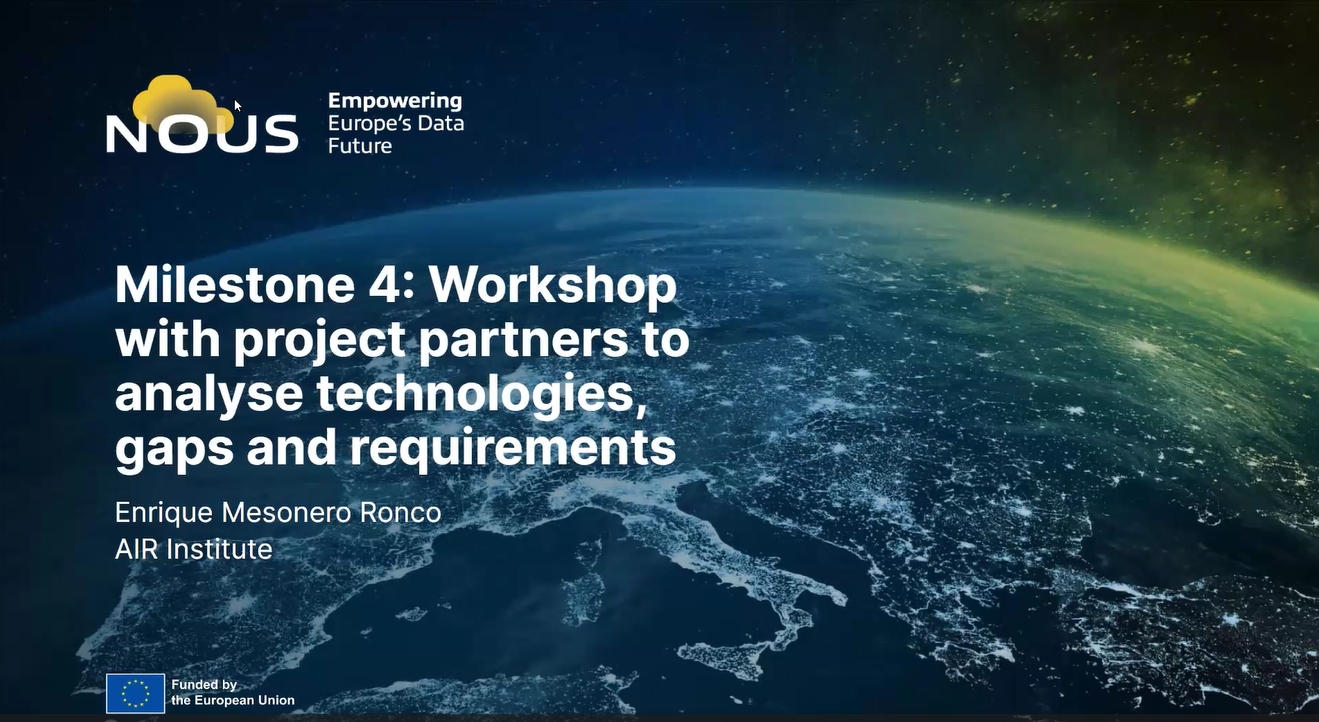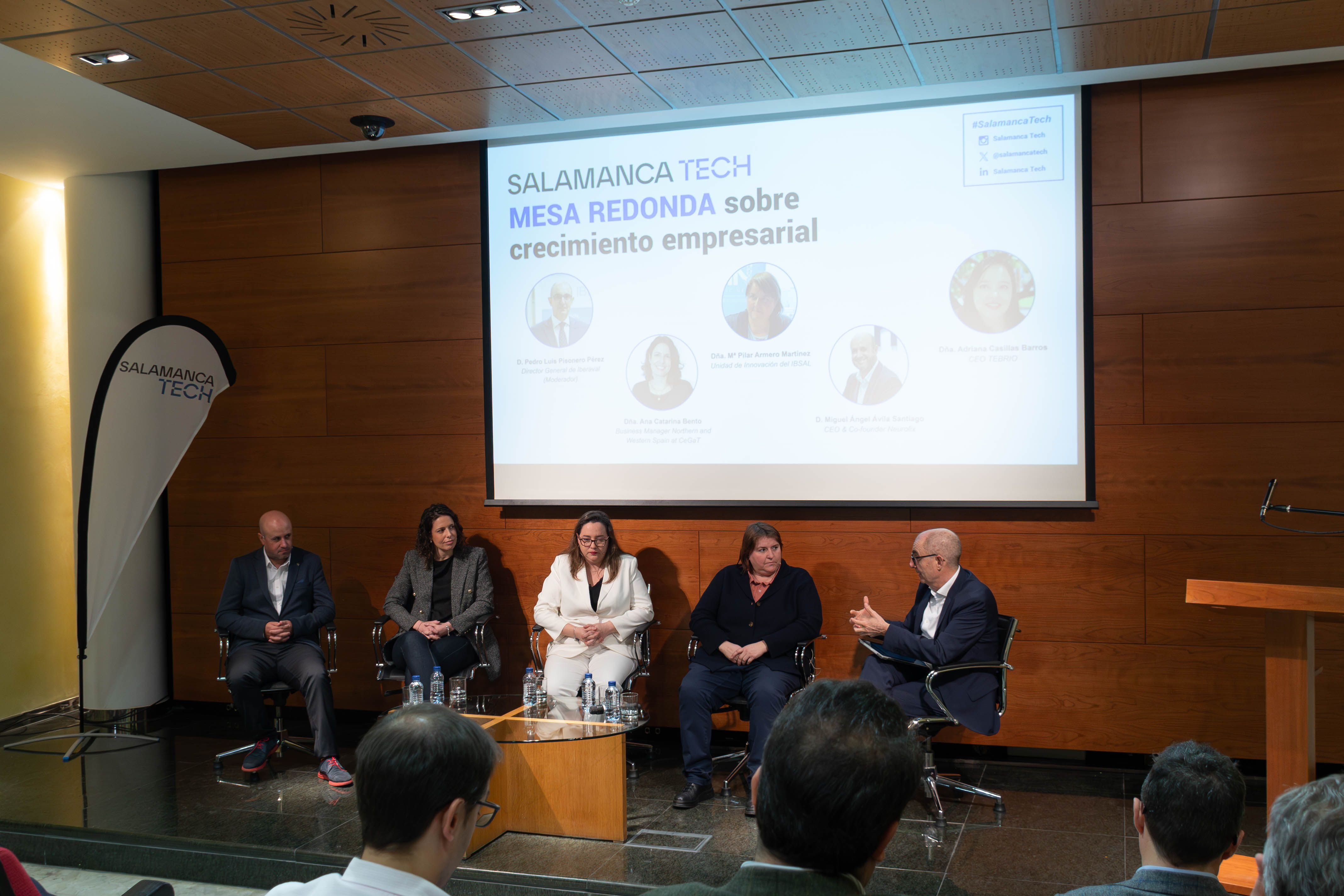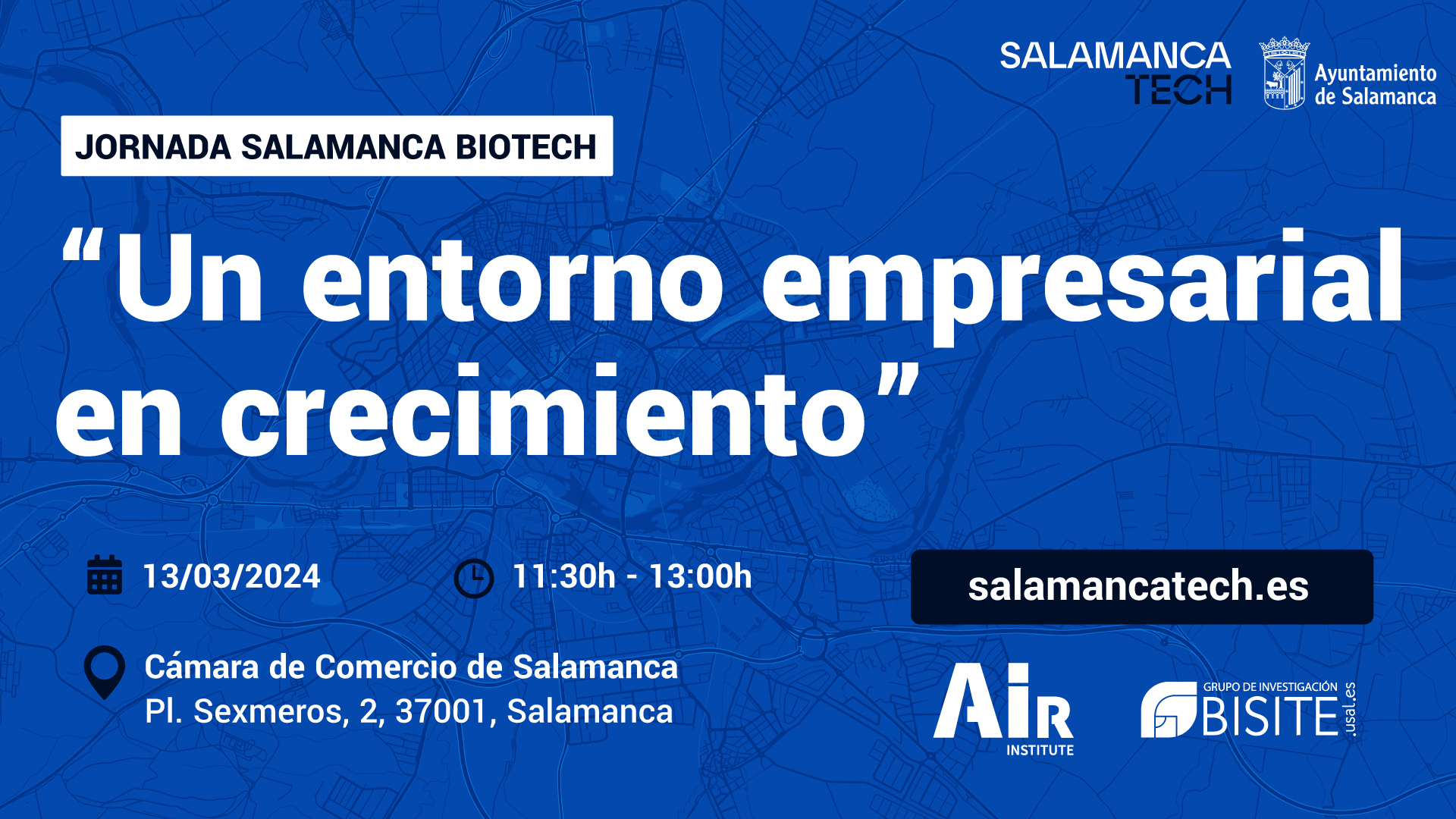Artificial intelligence has revolutionized many sectors. The BISITE Research Group has made this evident in several of its projects in the areas of energy, banking, industry 4.0, education, cybersecurity or smart cities and now in the agricultural field, through the AgrarIA project. A platform based on artificial intelligence services, machine learning, internet of things and data analytics from AWS to transform and optimize the value chain of the Spanish agricultural sector.
Juan Herranz, developer of the platform, explains that the objective of AgrarIA is "to use artificial intelligence to obtain information and value from data, automate and optimize processes, generate efficiency, detect patterns or anomalies, make predictions, analyze sequences, etc.". Therefore, "to implement in a coordinated way all these applications to the agricultural sector in Spain is the main objective of this work".
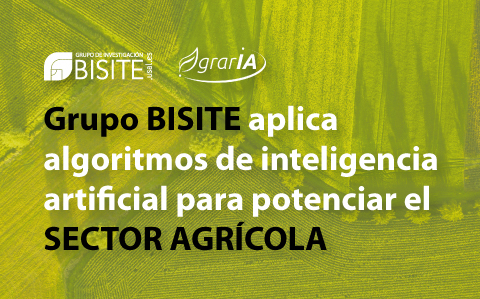
Benefits of AI in the agricultural sector
The advantages of this development lie mainly in the savings involved in being able to predict pests, crop yields, droughts, water or phytosanitary needs at every location in a field; identify plant pathologies or diseases in real time; determine the nutritional status of trees or soil quality; automate complex processes using advanced robotics or monitor a field with the help of drones.
In addition to important economic savings in terms of resources and working time for farmers, artificial intelligence achieves significant savings for the planet: avoiding the excessive consumption of water and phytosanitary products, reducing CO2 emissions or designing new phytosanitary products that are less harmful to the environment.
The AgrarIA project is led by the technology multinational GMV and is made up of a total of 24 other entities, including Florette, Familia Torres and Casa Ametller. Other top-level technology companies in various fields of robotics such as Kivnon, Dronetools or Helix North, or leaders in artificial intelligence such as GMV.
Also taking part are research organizations such as the BISITE Group of the University of Salamanca, the State Agency of the Higher Council of Scientific Research (CSIC), the University of Seville and the Technological Institute of Castilla y León (ITCL).
The next steps are to research, develop and validate artificial intelligence systems capable of detecting plant diseases early, of recommending to farmers which crop will be optimal based on soil and weather variables, of predicting the price and yield volume for products such as soybeans or corn, and of creating a system that optimizes product distribution routes.
The project AGRARIA: ARTIFICIAL INTELLIGENCE APPLIED TO THE AGRICULTURAL PRODUCTION VALUE CHAIN 2050", with File Number: MIA.2021.M01.0004 relating to the Call for the granting of aid to finance projects of the "R&D Missions in Artificial Intelligence 2021 Program", within the framework of the Spain Digital Agenda 2025 and the National Artificial Intelligence Strategy, has been financed by the Ministry of Economic Affairs and Digital Transformation, and co-financed with European funds from the Recovery and Resilience Mechanism (RRM).
